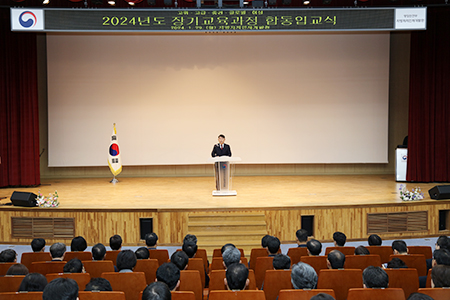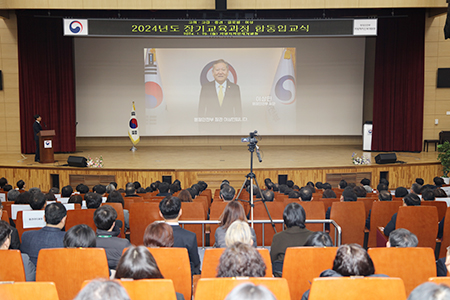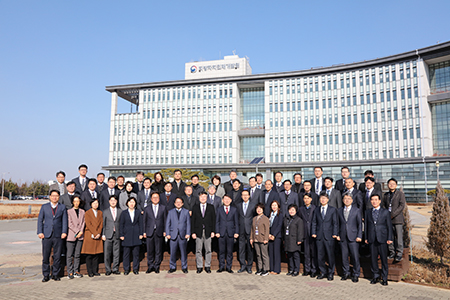Features
LOGODI Kicks Off a Long Journey of Key Local Leaders’ Training for the Local Era


The ‘long term training’ encompasses five distinct programs: Senior Policy Managers, Senior Leaders, Junior Leaders, Global Leaders, and Women Leaders Programs. Participants include senior officials from cities, counties, and districts.
This year, 367 participants are enrolled in the five programs, undergoing customized training tailored to their ranks and positions. The 10-month program runs from January 29 to November 22.
Specifically, five local council executives will be enrolled, with three in the Senior Policy Leaders Program and two in the Junior Leaders Program, as they gear up for the forthcoming era of local councils.

Through a video message, Mr. Lee Sang-min, the Minister of the Interior and Safety, highlighted, “South Korea is grappling with population decline and the risk of local extinction, driven by extremely low birth rates and urban concentration. To address this crisis and usher in a ‘local era’ where people want to live and enjoy equal opportunities, it's crucial to bolster local capacities.'"

Beginning with the New G5 Leaders Program on January 8, 2024, which will accommodate 430 participants, LOGODI is committed to providing top-tier educational services through 68 courses to over 8,300 individuals throughout the year. When including cyber education, the offerings expand to 488 courses, reaching more than 800,000 people. These programs are designed not only for local government officials but also for local council members, employees of local public enterprises, and international public officials from countries such as Mongolia, Egypt, and Sri Lanka.